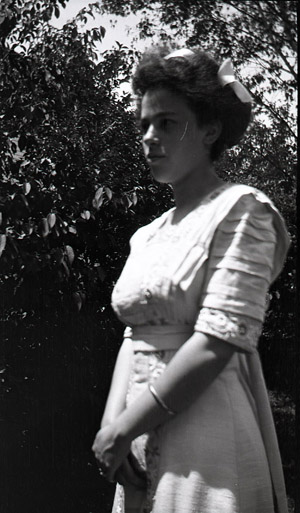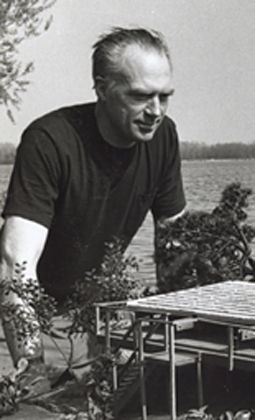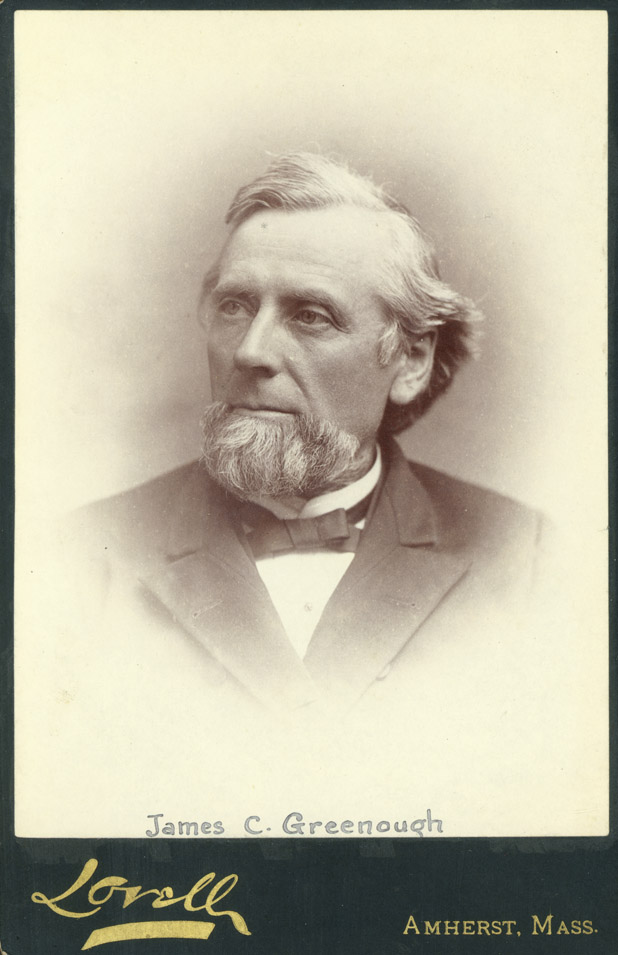Jeffrey L. Green Papers
Access restrictions: Temporarily stored offsite; contact SCUA in advance to request materials from this collection.
The founder and director of Citizens for Safe Drinking Water, Jeffrey Lee Green (1946-2014) was a national organizer in the anti-fluoridation movement. A management consultant specializing in the health professionals, Green was adept at using the legal and legislative process to raise awareness of the potential toxicological dangers of fluorides. In 1996, Green helped his colleague David Kennedy facilitate a ballot measure to stop fluoridation in California, and they were instrumental in initiating a congressional investigation into fluoride between 1998 and 2000. Green later contributed to the 2006 National Research Council report on fluoride. Green died suddenly on Nov. 5, 2014.
The collection documents Jeff Green’s work with Citizens for Safe Drinking Water, providing strategic advice for grassroots legal and political challenges to fluoridation. Of particular note are legal files relating to two important cases in California: one challenging the city of Escondido’s decision to use hydrofluosilicic acid and the second leveling a constitutional objection to fluoridation without public consent.




